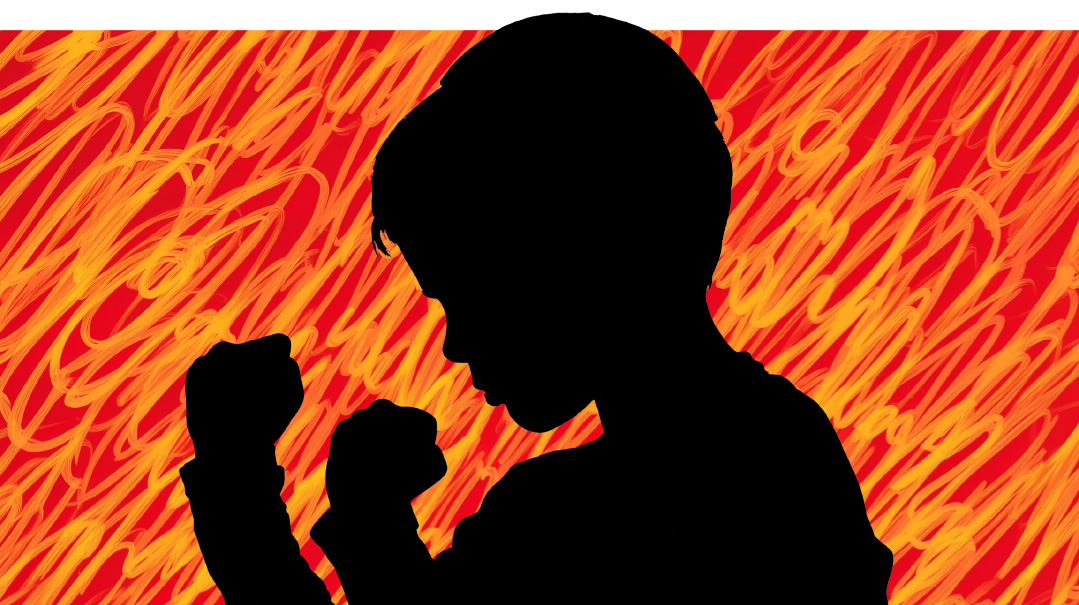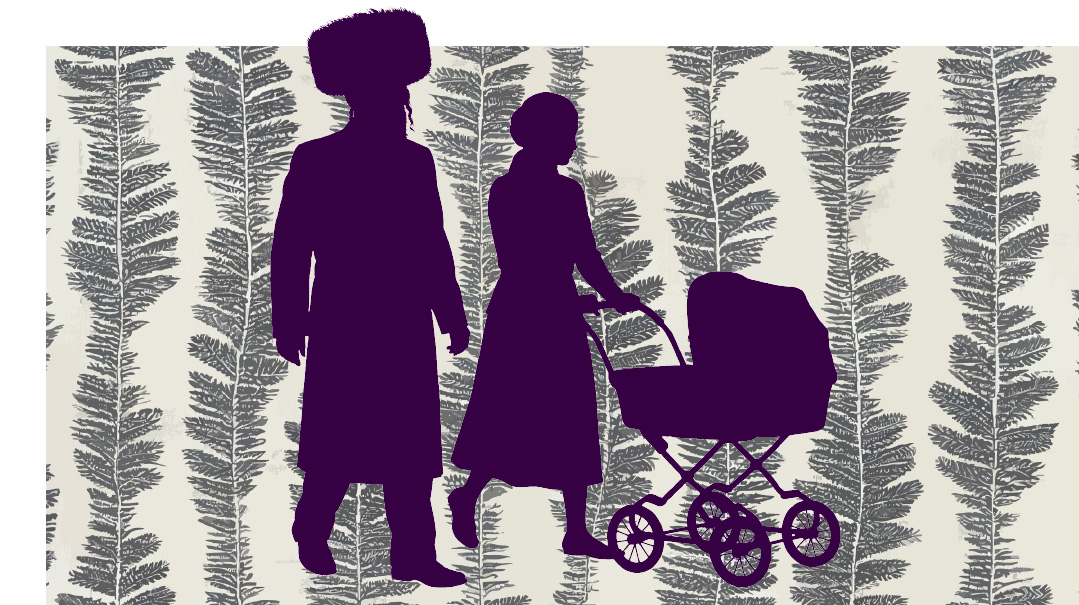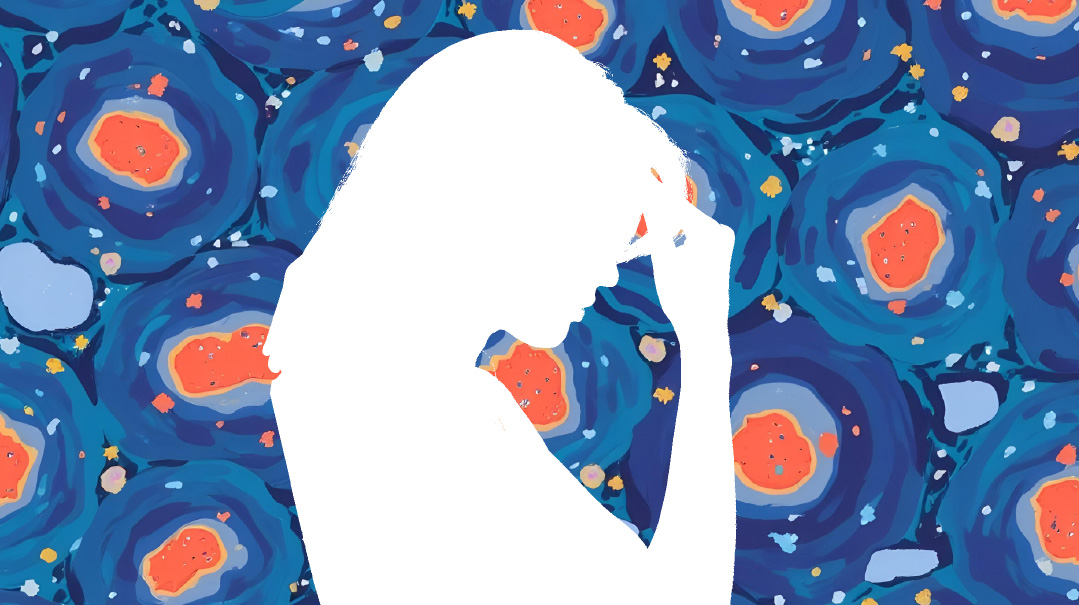Know This: Adoption

Let me say right at the outset that this is our story. There’s no such a thing as two couples with the same story. So don’t come at me with a “but that’s not the way it was for me.” And don’t accuse me of being oversensitive by opening with a disclaimer. I’ve earned the right to be as touchy as I want to be.
We started out hopeful, like all young couples. But then we got blindsided by reality. Doctors’ cautious, “You might need some high-tech help to have children,” morphed over the years into, “High-tech help doesn’t always accomplish what we wish it would.” We knew a number of couples who had adopted, and one of them held our hands as we made the decision and went through the process.
The waiting was hard, particularly at the end. The closer we got to being parents, the more frightened we were that it might not happen. This is the first thing I want you to know. Only someone who has experienced ten or more failed treatment cycles can understand that at some point, you start to expect failure. Why would adoption work for us when nothing else had?
Logically, you’d say that the success or failure of medical interventions have no bearing on a legal process. But we have a different mindset, one I hope you’ll never know from the inside. So don’t make assumptions. About anything.
When we were approaching the date of our becoming a family, we joined a support group for couples hoping to adopt. At these sessions, we prepared ourselves for all the witty and witless things our friends, neighbors, and family members might say.
We did lots of role playing. We got to play the part of the nosy neighbor (“What do you know about her background?” Why on earth do you think I want to share that with you?), the inquisitive child (“So who’s her real mother?” I told her I figured out what you were saying at home). We played the colleague at work (“What will you tell her when she’s older?” To avoid people who don’t respect boundaries), and the helpless parent (I didn’t realize so many people have issues). Throughout, we appreciated the company of couples who knew exactly what we meant when we said our world was quickly aligning into two groups: those who had issues with adoption, and those who were comfortable with it.
“Mazel tov! It’s a girl. The kiddush is Shabbos.” My husband claps the neighbor on his back. Neighbor peers into my husband’s eyes. “I saw your wife last week,” he answers solemnly. He’s chassidish, so he won’t say more than that, but my husband gets it. Apparently, I wasn’t looking pregnant last week (duh). Husband smiles and says, “We adopted a baby.” And with that, we enter the world of everyone else’s preconceived (not funny!) ideas.
When we became parents, it was like a miracle. It was like being invited into a world we had never before entered. We walked into department stores and bought tiny garments. We went to furniture shops and bought the stuff dreams are made of. I remember the first time I entered the pediatrician’s office. It was like entering hallowed ground. I was inside a place where “the other kind” belonged. Not people like me. It took a long time until I internalized that I was now one of the “others.”
What starts out as a baby, grows into a toddler, and before you turn around the child speaks. As our daughter began to learn language, we began to give over our view of adoption. We have a large family, and we wanted to be the first ones she’d hear the “A” word from. We wanted the word to enter her heart and mind and forever be associated with love and acceptance.
When she was older and began playing with friends outside, we had reason to be grateful we had done it this way. The kids in the neighborhood, for the most part, knew she was adopted, and asked her whether it was true. There was even a debate in her class one day, when she was home with a virus. She heard about it the next day when her classmates approached her, divided into two camps. Those who “knew” her to be adopted and those who didn’t. Our handling of this sensitive topic was about to move to the next stage.
Until then, her adoption had been “our” story. We told it when and how we wanted. We talked about it to whom we chose. As our daughter got older, we began to feel it was less our story and more her story. We became uncomfortable talking about it, because we wanted her to decide, when, how, and to whom. We became acutely aware of how our part of the story, “the adoption per se,” was a thing of the past.
We had presented it openly in the hope that those surrounding us would mirror our view of adoption as both natural and positive. Now those decisions were moving into her territory. Our daughter would choose in which friends to confide, if any. And we would stand behind her and support her decisions and be proud of who she was.
For the first few years of our marriage my husband worked with fine jewelry. There were times he carried a nondescript black bag containing thousands of dollars over his shoulder. Once, when he was on line at the bank, he ran into an old friend he hadn’t seen in years. His friend pointed to his shoulder. “The treasure is yours?” he asked. My husband glanced over his shoulder, saw a baby carriage belonging to the person ahead of him, and answered sadly, “No, not yet.” His friend looked confused, and only then did my husband understand his gaffe.
We were walking with hunched-over shoulders for ten years… the first day we walked down the street pushing a stroller, our backs straightened.
All those years, we had a running joke that we’d write a book when we were a family. As incidents like the above occurred, we’d debate over whether to include it. We wanted people to understand.
When we became a family, we decided against writing the book. We came to the conclusion that even with the book, people would never understand. Even worse, they’d think they got it, when, really, they weren’t even close.
Maybe you never will understand. But that doesn’t mean I don’t want you to try.
Jaw dropper:
“I can’t believe how beautiful your baby is.… I mean considering she’s adopted… I mean….”
Stop, before I punch you.
Nicest thing anyone ever said to me:
My mother, when we told her we had signed up for adoption, said, “Your baby is going to be the luckiest baby in the world.”
Never say:
“So, when will you tell her she’s adopted?”
“What do you know about her parents?”
Best things to say when you first visit the new parents:
Anything that has to do with our new status —
“You’re finally parents.”
“I am thrilled for you.”
“Mazel tov, Mommy and Daddy.”
“You’re a natural as a mommy.”
“A family.”
The biggest compliment I received during those ten years of waiting:
A lady I barely knew, asked me something about my kids and I responded that I hadn’t yet been blessed with children. “But aren’t you Mrs. Levi?”
she asked.
“Yes.”
“Sorry, I didn’t know,” she mumbled.
She knew me all those years as a regular person and had never guessed that I had horns beneath my tichel. I’d never wanted to wear my heart on my sleeve — and with this encounter, I knew I’d succeeded.
You probably never realized that:
* Couples who wait five years to adopt a baby can actually get cold feet the night before.
* On any given day, a husband and wife are rarely in the exact same place vis-a vis the future adoption. One day he’s waiting with bated breath and she’s scared silly, and the next, total reversal.
* I know exactly what you’ve told your children about my child being adopted by what they innocently let drop in my presence.
(Originally featured in Family First, Issue 600)
Oops! We could not locate your form.







